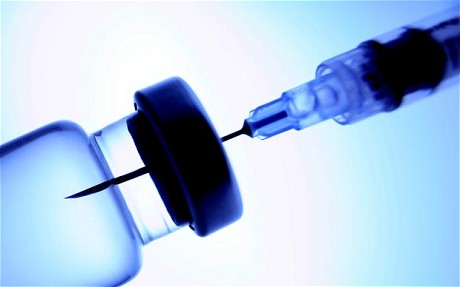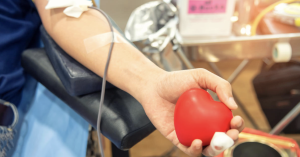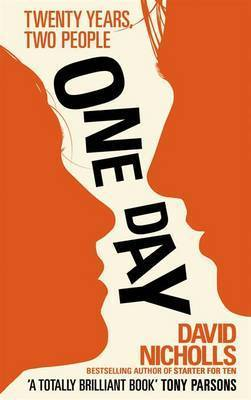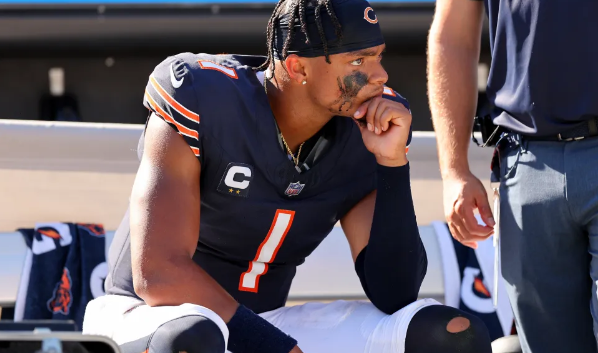Why We Should Become a Vaccination Nation

Extra sleep, warm chicken noodle soup, and no school. That’s what getting sick means, right? Wrong. Once you reach high school, getting sick means being bombarded with make-up work while having even less motivation than usual. And if you get sick during midterms like I did, it means you still have to go to school.
It’s probably my fault for not getting the flu shot. It wasn’t a fear of vaccinations that prevented me, however. I just never got the chance, which sounds like a lame excuse, even to my ears.
Of course, it would be one thing if my lack of immunization impacted only me. Unfortunately, there’s a whole school full of people I could infect, and chances are that one of them gave me the flu in the first place. Although it’s true that vaccinations would have prevented these people from being infected by the flu, not everyone is able to receive the flu shot.
Take my friend who recently had foot surgery, for example. She could not get vaccinated because of the operation, something that is completely out of her control. Luckily, she managed to avoid the flu- for now.
Apart from the annual flu shot, there are a whole slew of vaccinations that the Centers for Disease Control and Prevention (CDC) recommends, including the MMR vaccine, which prevents for the measles, mumps, and rubella.
In 2004, the U.S. reached an all-time low for the number of measles’ cases with only 37 reported. However, in the past few of years, the amount of cases has been on the rise. Already in 2015 there have been 14 1 cases reported in seventeen states.
So what’s causing the return of a disease we thought we had eradicated years ago?
You guessed it – vaccinations. Or more specifically, a fear of them.
With the whole internet at their disposal, parents have dug-up poorly researched reports stating that vaccines cause autism. The American Academy of Pediatrics, the World Health Organization, and the CDC all agree that autism is not caused by vaccines.
The chemical thimerosal, which was believed to have some negative impacts, has been removed from vaccines. Furthermore, vaccines have fewer antigens* than in the past, making them safer than ever.
This generation of parents did not experience the last measles epidemic, and they did not live during the time where 500 people died of measles each year. They do not fully grasp the consequences of not vaccinating their kids. If they knew about the spotted rashes, raised bumps, and high fevers, and chance of death, I’m sure they would be more willing to vaccinate their children.
Unfortunately, if parents want to take their chances and hope their kid is not the 1 out of 1000 who dies from measles, they put other people at risk too. Measles is highly contagious and can be spread though sneezing or coughing.
So what happens with kids who have immunodeficiency and can’t be vaccinated? Do they just have to suffer the consequences of other people’s ignorance? Good luck trying to explain that to their parents.
The only way to prevent these kids from getting sick is for everyone else to get vaccinated. This idea, called herd immunity, proposes that when a significant amount of a population is vaccinated, there is more protection offered to those who are not vaccinated. This is because there are less people who will spread disease, and therefore there is a smaller chance of getting infected.
Medicine has come a long way in the past few decades. We have a world full of modern medical technology; I suggest we take full advantage of it.
*antigen: a toxin or other foreign substance that induces an immune response in the body, especially the production of antibodies















